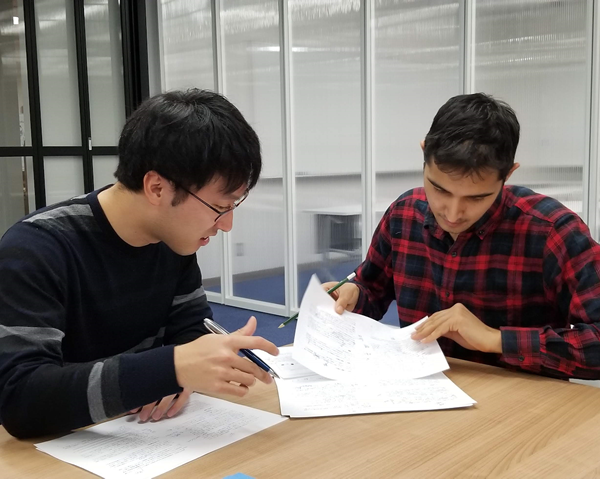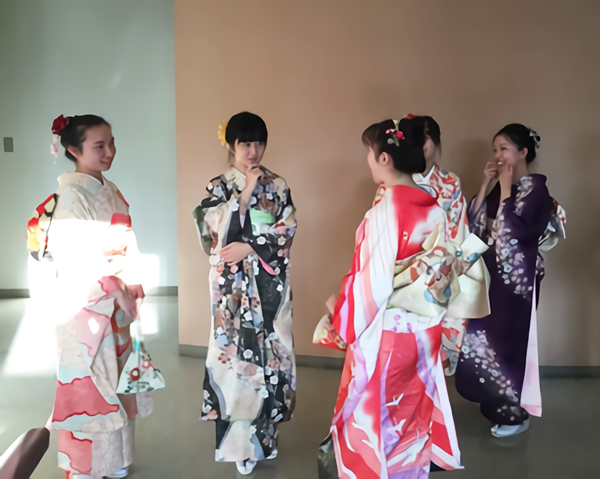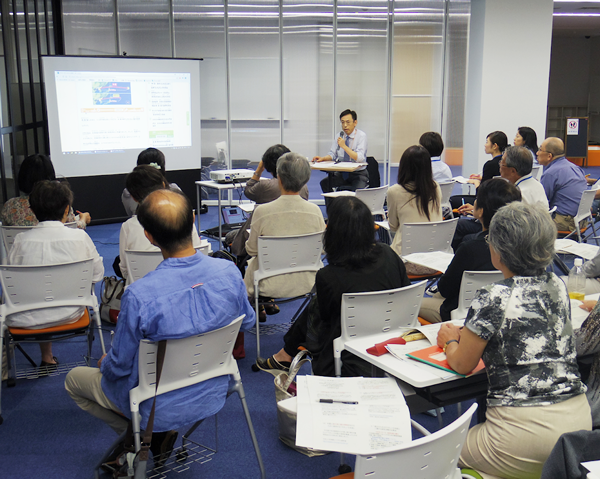Overview of G-Navi Project’s Four Programs
Project 1:Enhancing education for international students, enabling them to become established in Japanese society
G-Navi has created the following training and support programs for international students and their supporters. The programs aim to enable international students to establish themselves in Japanese society as highly skilled global human resources.
Primary Programs
Career Development

Based in Kobe, G-Navi offers free courses and events for international students in Hyogo Prefecture who are seeking employment in Japan. The program is designed to improve business Japanese language skills and promote exchanges between Japanese students and companies, and provides many learning opportunities through interaction among participants.
Study and Research Support

G-Navi offers Japanese academic writing support and programs that promote a better understanding of college careers, supporting international students studying or performing research at universities.
Project 2:Promoting international understanding, exchange and support in the region
G-Navi supports cultural understanding and exchange initiatives for foreigners (international students) and Japanese nationals (students, supporters, and residents). These initiatives aim to stimulate mutual learning and communication between people of different cultures and languages.
Primary Programs
Cultural Exchange

G-Navi provides hands-on opportunities for international students to experience and learn about Japanese culture and society as a whole, as well as local culture and local society. We also provide places for local people to interact with international students, allowing both groups to learn from each other through experiencing cultures and languages from around the world.
Support for Daily Living

G-Navi provides language education for international students and their families, enabling them to acquire the Japanese skills required for day-to-day life. We also offer training and education related to preparing for disasters. Additionally, we have created initiatives to teach Japanese people about easy-to-understand Japanese (yasashii nihongo), improving their ability to communicate with foreigners.
